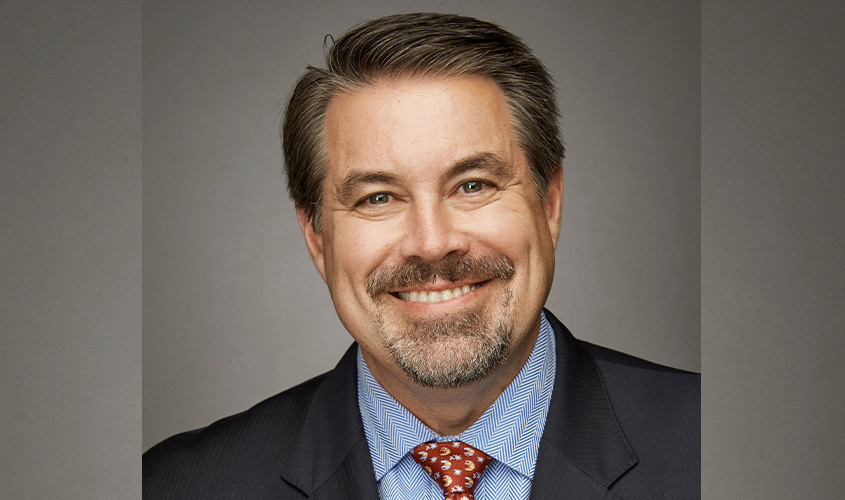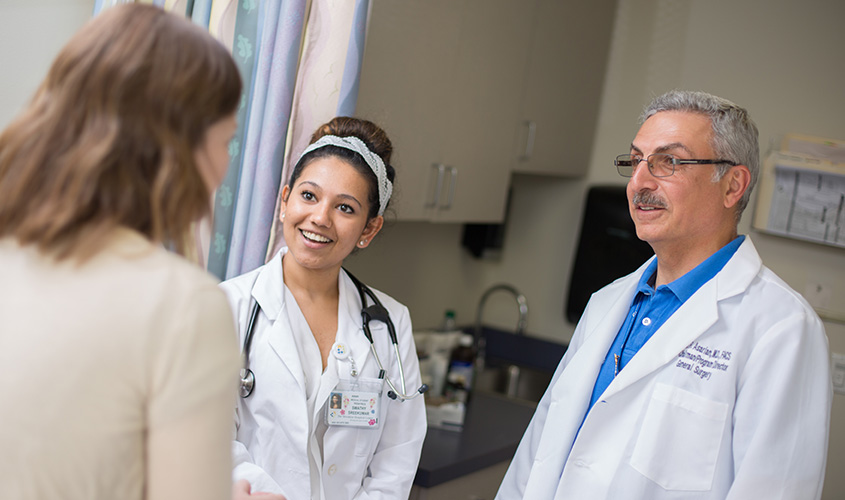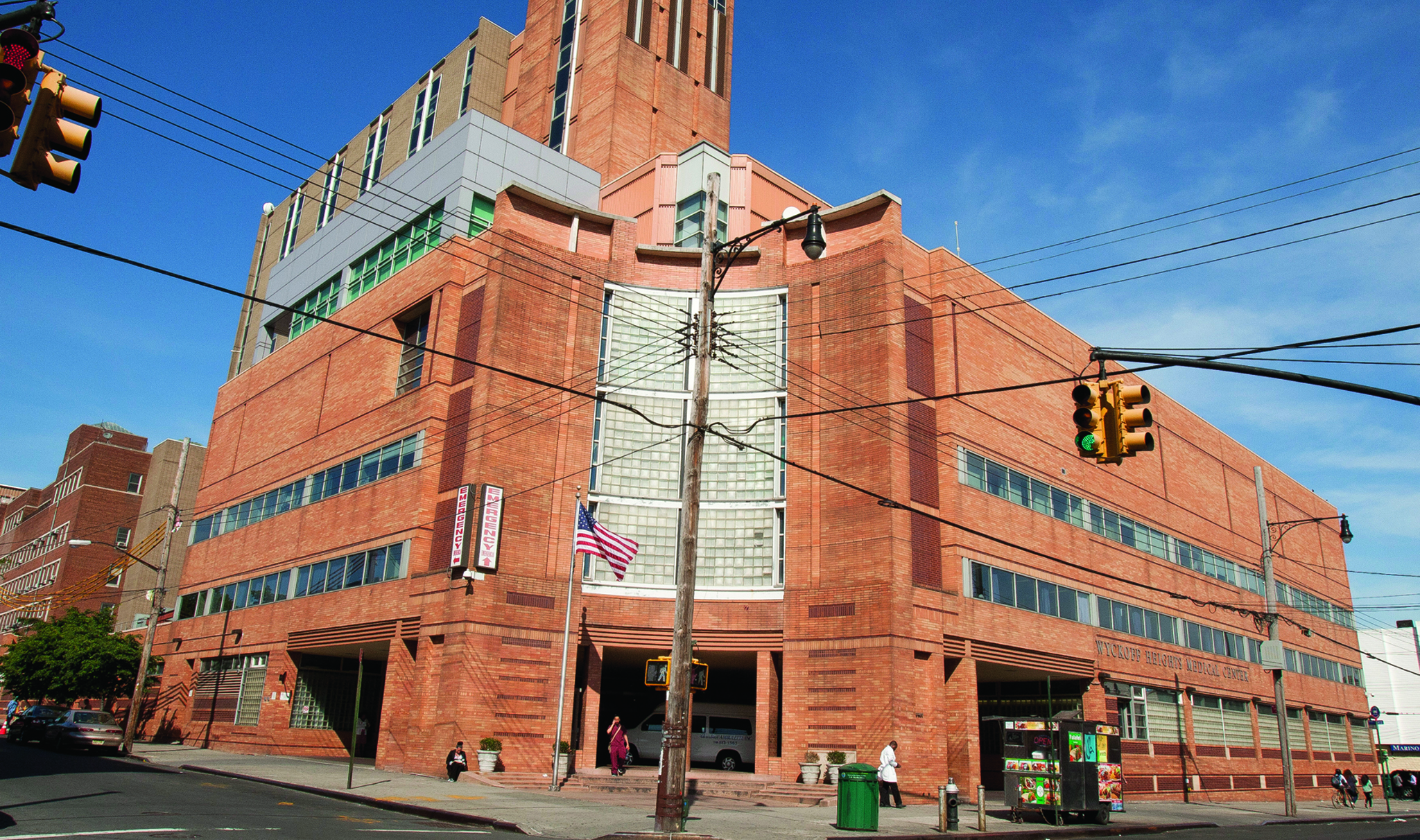
As a longtime reconstructive plastic surgeon and residency program director at hospitals throughout New York City, Dr. Robert Grant has seen the tangible difference that quality in-hospital training can make on an aspiring physician. Now he’ll work to enhance the student experience as senior associate dean for clinical studies for St. George’s University School of Medicine, a role he assumed earlier this month.
Dr. Grant will handle all aspects of the medical clinical training activities, including developing the shared third- and fourth-year curriculum with clinical partners, site visits, and monitoring activities.
He shared his perspective on the importance of clinical training, and the best ways that SGU students can make the most of their experience on the wards.
St. George’s University: What prompted you to join SGU?
Dr. Robert Grant: Being a lifelong New Yorker, I have come across students from SGU and other Caribbean medical schools at the different hospitals I worked at. Most recently, we had preliminary surgery residents who were SGU graduates in the hospital, and I served as a mentor for one of them as she applied for categorical training. I was so impressed with how good of a doctor she was and how well prepared she was to take on the responsibilities of a PGY-1.
I had always planned, at some point, to move beyond being a clinician and a clinical service line chief, and when I was approached about this particular position, I jumped at the opportunity. It has been a wonderful marriage of my personal and professional goals, and I’ve joined a team that is tremendously motivated to raise SGU’s profile and to enhance the student experience.
SGU: How important is clinical training for students as they work toward becoming an MD?
Dr. Grant: It starts with exposure to the different disciplines. No one knows what the life of a practicing physician in a certain specialty is really like until they get to live it. Personally, I went to medical school because I wanted to be an ophthalmologist. It wasn’t until I rotated through other disciplines—and spent some time in ophthalmology and realized I didn’t really want to be an ophthalmologist—that I settled in the surgical world, and then ultimately on a career as a reconstructive plastic surgeon.
It’s also important for students to socialize as a physician to understand the important responsibilities that you’re given with the privilege of caring for other human beings. Finally, every rotation is an audition toward residency training. The work that every student does is noticed by his or her peers, the residents, and the faculty, who want to get the best residents they can into their program.

SGU: What are some of the best ways for students to make a good impression during their clinical studies?
Dr. Grant: Be available, be affable, and be interested. You may know that you’re going to be a family practice doctor, a pediatrician, or a psychiatrist, but this is your opportunity to immerse yourself in a clinical field. Particularly nowadays, with the team-based nature of clinical care, you’re going to be working with clinical colleagues in other disciplines who are going to be sources of referral for you; and you’re going to refer to them. You go through life with a cohort of peers who you trained with and got educated with.
Take advantage of the opportunity in every way you can. If a faculty member or a resident is doing some clinical research, get involved. We’re all interested in making healthcare better. The clinical project may be one with outcomes, healthcare policy, or a particular clinical condition. Contributing to the fund of knowledge is a fantastic way to make a good impression.
Also, we all have busy lives, so you should also let the supervisory staff know of any challenges you foresee in terms of potential overlapping responsibilities. They can help you navigate expectations. It’s always a good idea to check in with the resident team and the supervisors often.
Lastly, the administrative staff are essential to the practice of every physician. When it comes time to evaluate students for residency positions, our administrative staff gets an equal vote. Make sure that you treat them with the respect that they deserve and they’ve earned. They can be your best friends, and conversely, if you don’t do that, they can turn out to be your worst enemies. It’s essential that you’re polite and appropriate in all interactions.
SGU: What should a student do on day one of his/her rotations?
Dr. Grant: Find out what expectations the people who be evaluating you have of your performance. The more defined it is, the easier it is for you to meet those expectations. If you’re told to be there before the start of rounds at 9 o’clock, don’t start showing up for rounds at 10 after. It doesn’t matter how smart you are, how polished you are, or how professional your appearance is. If you aren’t meeting basic expectations like that, that’s going to be a problem.
It’s the same in every job. Be up front in asking what the expectations are, and then exceed those expectations.

SGU: What benefits do you see in having a network of clinical sites across the US?
Dr. Grant: It allows you to practice in different socioeconomic areas—rural versus urban, private hospitals versus municipal hospitals, as well as different geographic areas. Having that network of clinical sites gives you the opportunity to really try on an area that you may not have had the opportunity to visit, explore, or experience before.
SGU: What makes a good clinical site?
Dr. Grant: What’s most important is that the faculty is committed to the St. George’s experience. That means teaching our curriculum, mentoring our students, and matching our students into a residency program. It’s a mutually beneficial relationship for the clinical sites. We are a superb medical school because of the preparation and the learning that goes on in a didactic way. And therefore we are attractive to good clinical sites because they know that the product they’re getting from an SGU student or grad is someone who’s going to be successful.
SGU: What are some short- and long-term goals you have for SGU’s clinical program?
Dr. Grant: To start with, I want to meet as many people as possible. With the pandemic, way too many interactions are being done by Zoom. I can’t wait to meet the students. I’m involved in academic medicine because I enjoy my interactions with students. I enjoy seeing the future of medicine, and I know it’s in good hands when I have the opportunity to meet the future doctors of tomorrow.
The school is doing everything we can to standardize the clinical program, make it comparable amongst the sites, and create opportunities for students to select sites that fit their wants, needs, and desires. That work is ongoing, and I look forward to making contributions in that regard as I get more experienced in the ways of SGU, and making a difference on behalf of St. George’s.
– Brett Mauser